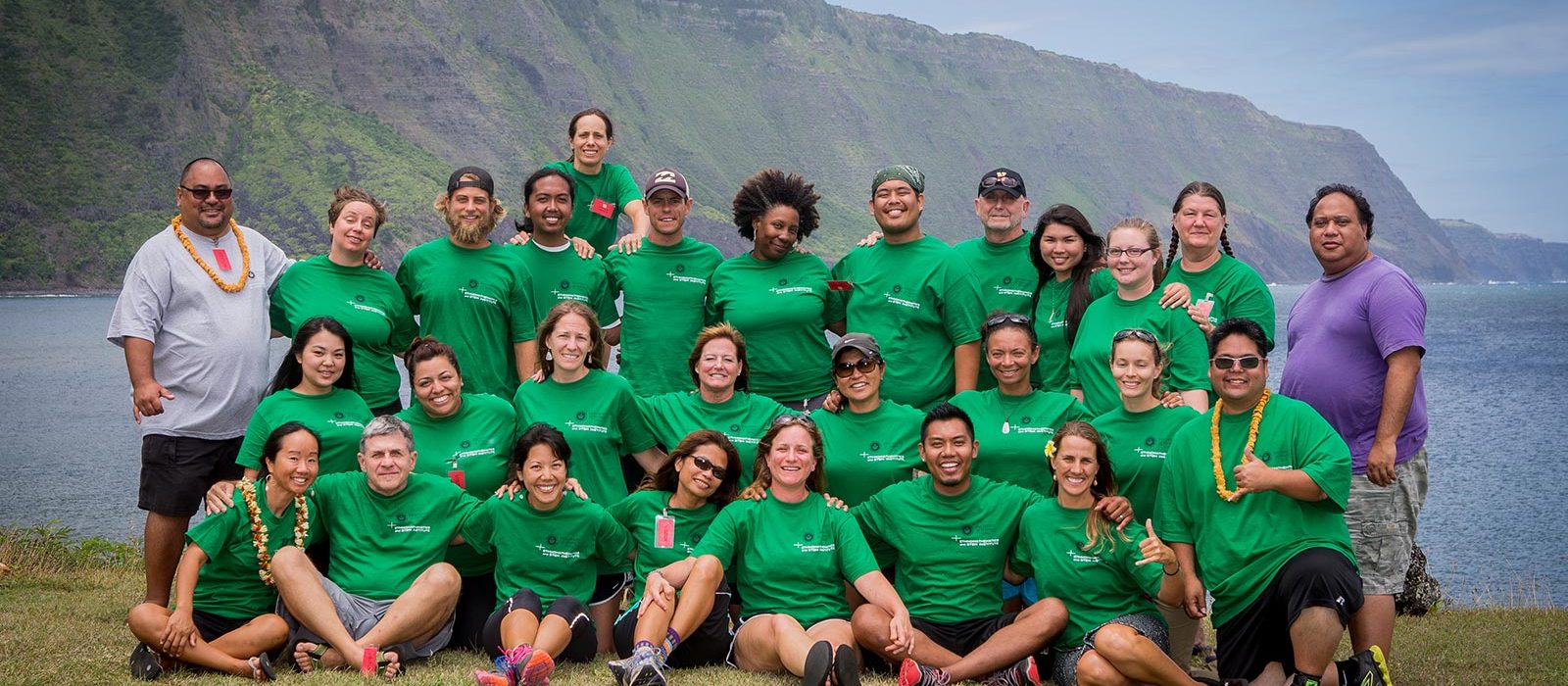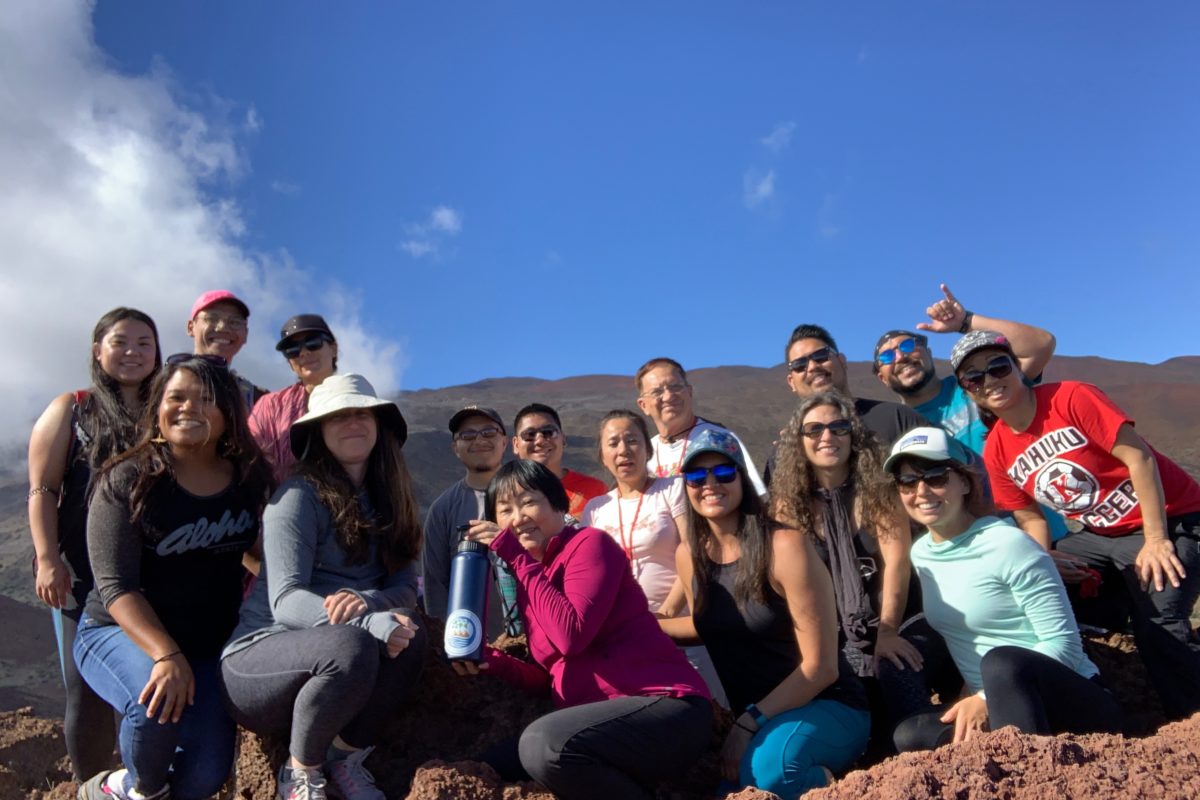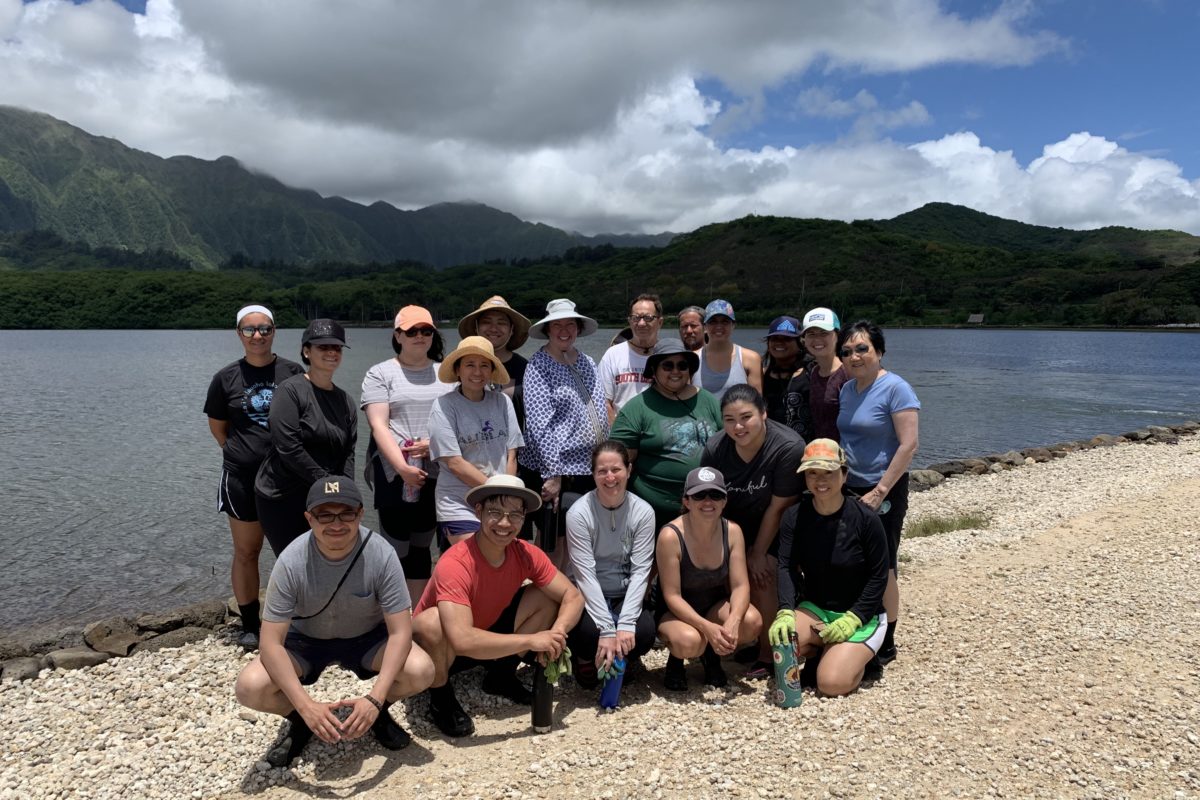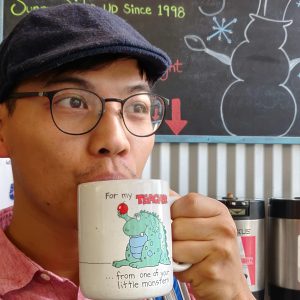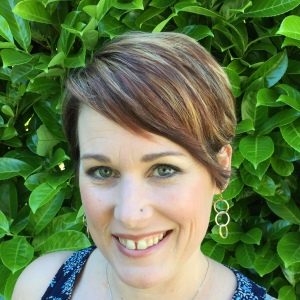The Ethnomathematics program at the University of Hawaiʻi (UH) at Mānoa is the first of its kind. The program strives to prepare high-quality educators across a variety of disciplines as educational and community leaders. Through a sense of purpose and a sense of place the program empowers participants to be locally-minded, global citizens.
In 2018, the University of Hawaiʻi at Mānoa College of Education began offering the first Ethnomathematics graduate certificate and became the first academic program in Ethnomathematics in the world.
Why UH Ethnomathematics?
The UH Ethnomathematics program combines experiential, community-based learning journeys with the academic rigor of graduate coursework.
In bridging Indigenous wisdom and 21st century skills, Ethnomathematics teacher leaders work to ensure that “teaching and learning is a humane, positive, and powerful experience for students” (Goffney & Gutiérrez, 2018, p. v).

Program Learning Outcomes
- Increase knowledge of culturally-sustaining mathematics content aligned with K–12 federal and state standards and values-based frameworks;
- Prepare teachers as leaders to provide instruction and professional development in ethnomathematics in their schools, districts, and communities; and
- Strengthen sustainable campus-community networks leading to college, career, and community readiness.
Program Options
Participants who complete the program earn either a 15 credit graduate certificate or, with an additional 15 credits, a Master’s degree in Curriculum Studies with an emphasis in Mathematics Education. Participants holding a license in the State of Hawai‘i may add-a-field of licensure in Ethnomathematics through the Hawai‘i Teacher Standards Board.
We also provide custom professional development opportunities for educators.

Phil Galicinao, Hālau Ku Mana (2013-2014)
Shari Jumalon, West Hawai‘i Exploration Academy Public Charter School (2013-2014)
Our Partnerships
Contextualizing math in real-world situations makes it come alive for students. Therefore, partnering with organizations outside the university is critical to our program. By working with partners, the program provides experiences that become a vehicle to inspire classrooms and communities to create experiences that engage students first-hand in the local and global issues that impact our planet.
For example, discussing climate change while stargazing from Maunakea, measuring sea level rising while sailing on traditional canoes with the Polynesian Voyaging Society, and exploring natural resource conservation while doing service learning in fishponds.

Hear from our Students and Alumni
Phil Galicinao, Hālau Ku Mana (2013-2014)
Shari Jumalon, West Hawai‘i Exploration Academy Public Charter School (2013-2014)

